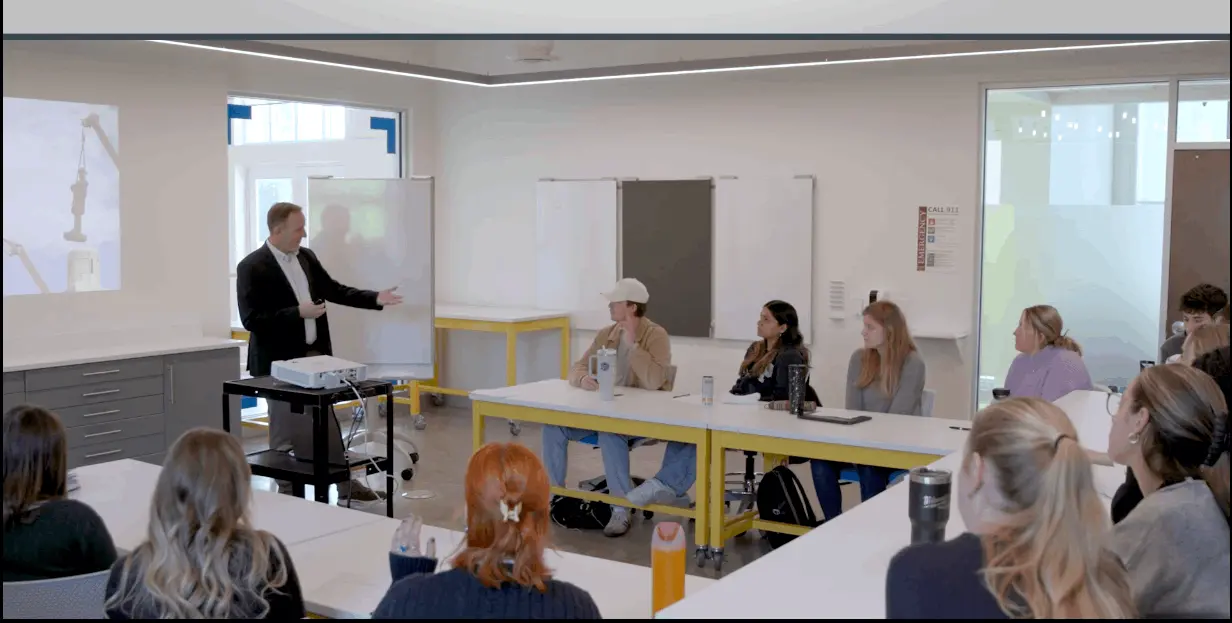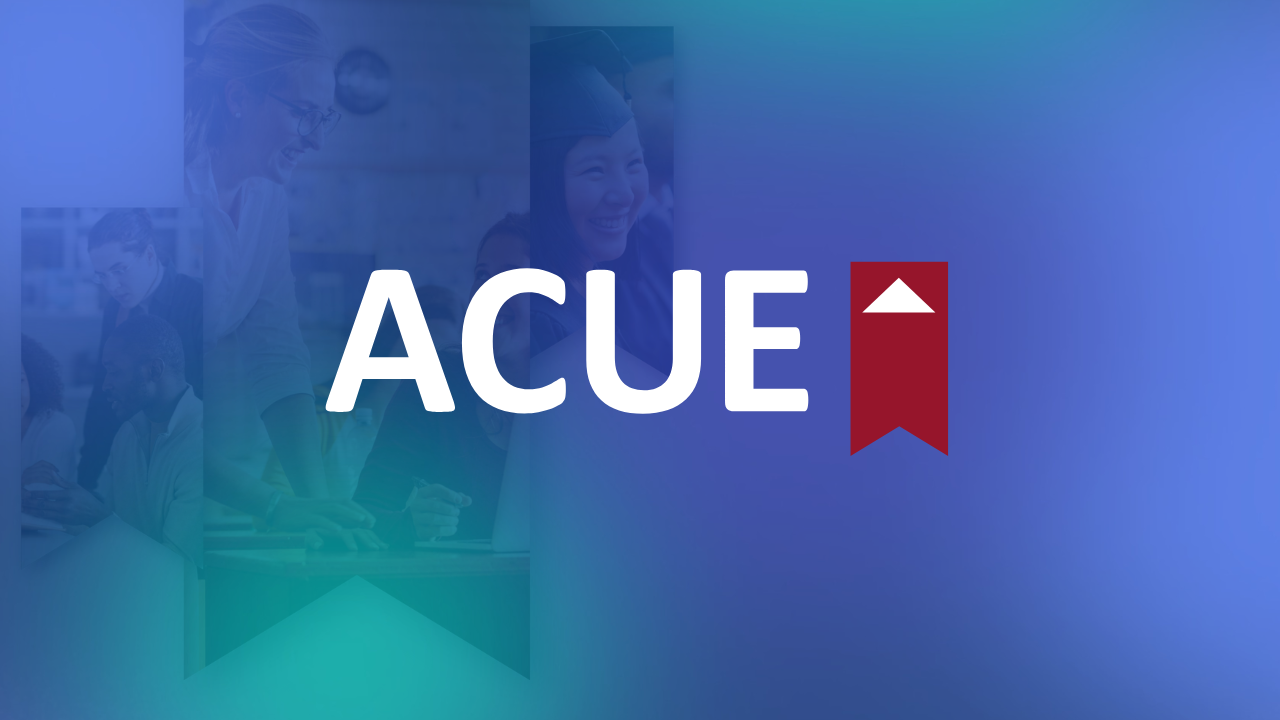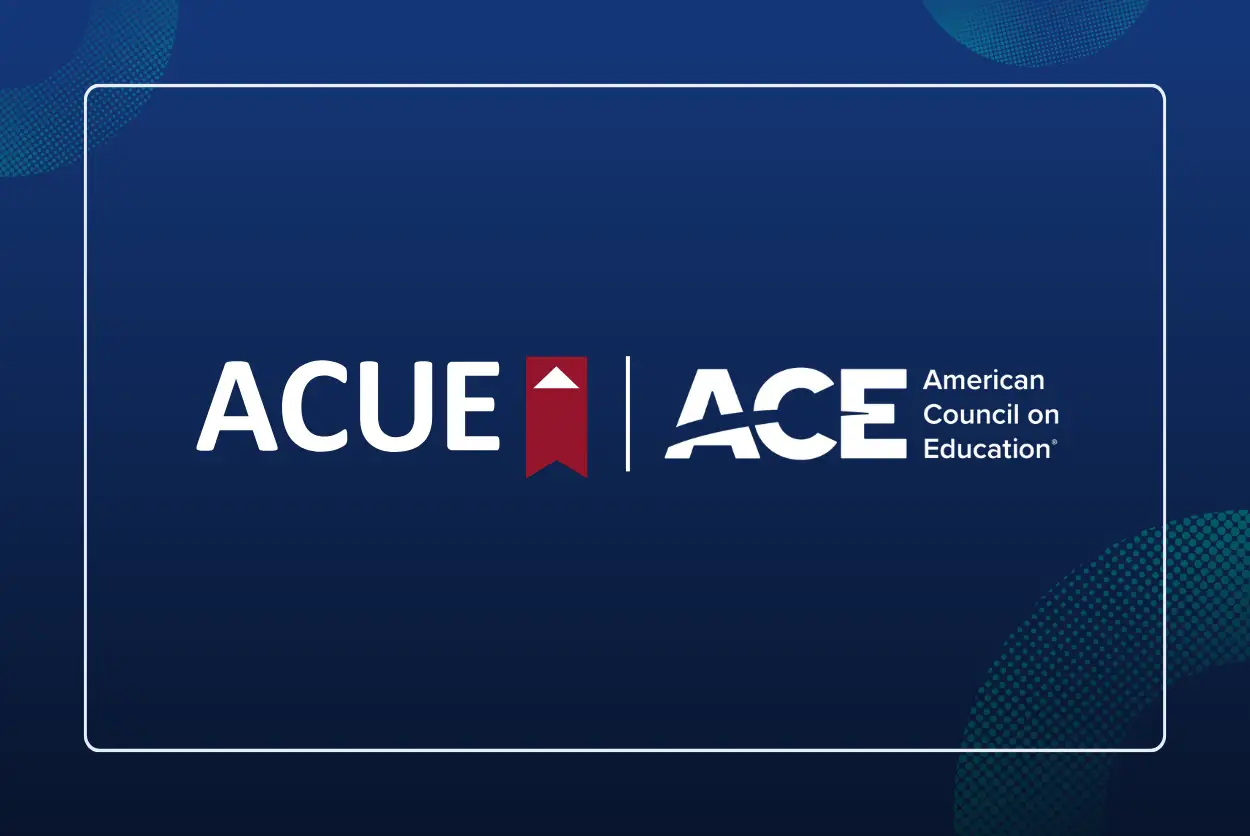We are living in a time when meaningful conversation feels increasingly out of reach. As respectful public discourse continues to erode, many shy away from difficult conversations altogether, uncertain of how to engage without conflict. Yet progress and learning depend on our ability to hear new perspectives and broaden our understanding of the world.
Without structured opportunities for discussion, classrooms risk becoming echo chambers—which does not align with higher education’s responsibility to open minds and prepare students for engaged citizenship. Deliberative dialogue offers a way forward, providing faculty with a proven framework to foster constructive conversations, encourage critical thinking, and equip students with the collaboration and problem-solving skills they need in college, careers, and civic life.

“In deliberative dialogue, I see my students become more curious and engaged. They learn to respect each other’s voices and to take responsibility for their own views – and their own learning.”
— Peter Felten, PhD, Professor of History, Executive Director of the Center for Engaged Learning, and Assistant Provost for Teaching and Learning, Elon University
A Path to Thoughtful Communication
ACUE has launched a five-part series on deliberative dialogue, offering short, flexible Quick Studies that provide faculty with practical strategies for embedding this approach across disciplines and course formats. Whether new to deliberative dialogue or seeking to refine existing practice, instructors gain ready-to-use tools to prepare students for meaningful conversations that advance learning and civic readiness.
- What Is Deliberative Dialogue? Explore how deliberative dialogue differs from traditional college classroom discussion and debate, and how it helps build students’ civic awareness of complex issues, critical thinking, and communication skills.
- Integrating Deliberative Dialogue into Your Course Incorporate deliberative dialogue into your course in a purposeful way by selecting timely topics, essential resources, and planning assessments to evaluate the learning.
- Preparing for Deliberative Dialogue Through Practice Equip students for deliberative dialogue by setting community norms, teaching active listening, and creating low-stakes practice opportunities to build student confidence and communication skills.
- Launching a Deliberative Dialogue Apply a structured framework to present relevant issues, revisit community norms, and outline multiple stances on complex issues to jumpstart productive classroom dialogue.
- Facilitating a Deliberative Dialogue Guide students through deliberative dialogue by facilitating structured discussions, addressing common challenges, and using debriefing strategies.
A Clear Starting Point for Faculty
This series gives faculty a clear starting point and practical support for bringing deliberative dialogue to life in their classrooms. Participants gain ready-to-use strategies to foster respectful and evidence-based discussions, guidance on choosing meaningful topics, and techniques to keep conversations on track—even when disagreements arise. The Quick Studies also include real classroom examples from experienced educators, showing how dialogue can be launched, sustained, and debriefed in ways that build student confidence and strengthen learning.
Strengthening Institutions Through Dialogue

The benefits of deliberative dialogue extend beyond individual classrooms. Institutions that support this work create learning environments where students feel safe engaging with challenging topics and considering diverse perspectives. They build cultures of respect and inquiry, preparing graduates who are not only career-ready but also civic-minded—graduates who are collaborative leaders capable of bridging divides and rebuilding trust in their communities.
Transforming the Way Students Engage
All five Quick Studies on deliberative dialogue were launched in early September 2025. Designed to be flexible, focused, and impactful, they provide faculty with everything needed to bring meaningful conversations into their teaching. Learn more about ACUE’s Quick Study series and discover how deliberative dialogue can transform the way your students engage, learn, and lead. Enroll in ACUE Commons for access to all Quick Studies.
The ability to engage in civil, informed, and productive dialogue has become a defining skill for both civic life and professional success. By equipping faculty with strategies to guide these conversations, institutions affirm their commitment to preparing students with the skills to engage constructively in the world they will shape.









